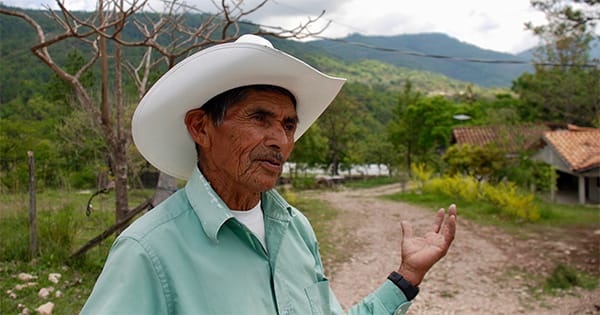Copyright mondediplo

In the middle of Latin America’s pink tide, on 28 June 2009, Honduras’ leftist president Manuel Zelaya was ousted in a military coup. The National Popular Resistance Front (FNRP) and the leftwing party Liberty and Refoundation (Libre) were formed in reaction to the coup. After over 12 years of rightwing ‘narco-dictatorship’ (as Hondurans call it), Libre’s presidential candidate (and Zelaya’s wife) Xiomara Castro took office in January 2022. Zelaya is now Libre’s national coordinator and the president’s chief advisor. We met in the presidential palace in the capital, Tegucigalpa, late in the evening. He was sitting in an armchair in the middle of a vast room dealing with a range of business: he dismissed one hopeful visitor in two minutes flat, checked his phone, had a document read to him, chatted to a female member of parliament, checked his phone again, asked his colleagues some questions and ranted about a video that needed reworking. Then he began our interview, warm and informal: ‘Libre won the presidency, but our so-called liberal democracy does not allow you to have absolute power. Reactionary forces still exercise power through Congress, the courts, banks, multinationals, the Church and private business.’ He raised his voice as he brought up what he called the opposition’s manoeuvring. ‘They’ll try anything to regain power. They even want to prevent the 30 November election! But we’ll hold it no matter what.’ Honduras has come a long way though. After 2009 the country was run by a combination of the oligarchy (known as ‘the ten families’), the security forces, the media, Washington and, it was later discovered, organised crime. It is widely recognised that elections during this period, in 2009, 2013 and 2017, were rigged. They produced two neoliberal presidents from the National Party – Porfirio Lobo Sosa (2010-14) and Juan Orlando Hernández, known as JOH (2014-22), who violated the constitution to be reelected in 2017.



